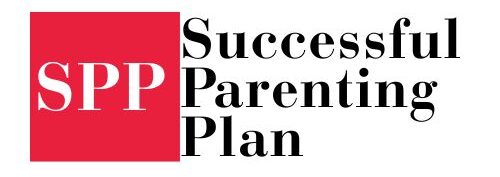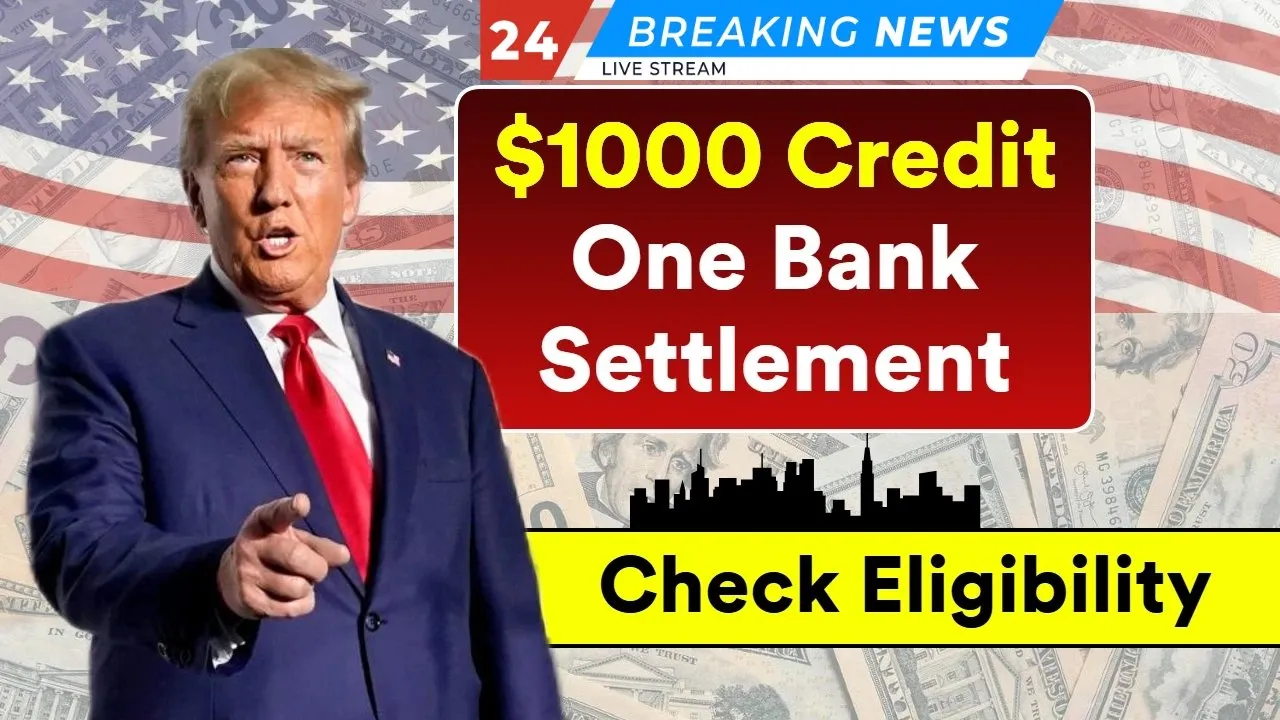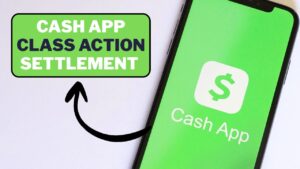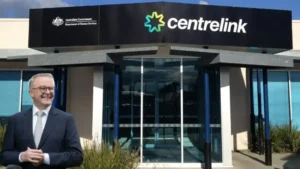Join on WhatsApp
Get the latest updates directly on WhatsApp – motivation, news & more!
A major development has unfolded for thousands of Credit One Bank customers after the approval of a $1,000 class-action settlement in 2025, following allegations that the bank engaged in deceptive and unauthorized practices. The lawsuit accused Credit One Bank of charging hidden fees, misreporting customer credit data, and misleading cardholders about interest and penalty rates between 2014 and 2019.
This settlement aims to compensate affected individuals who faced financial harm or inaccurate account reporting during the five-year eligibility period. With claims already reviewed and disbursement expected in mid-2026, eligible customers are now waiting to see how much they will receive under the approved payout structure.
Background of the Credit One Bank Lawsuit
The class-action case emerged after numerous complaints alleged that Credit One Bank violated consumer protection and fair credit reporting standards. Plaintiffs claimed the bank imposed unauthorized transaction charges, failed to properly credit payments, and reported misleading credit information to bureaus — actions that directly impacted customer credit scores and caused financial losses.
The lawsuit accused Credit One Bank of breaching several federal and state regulations, including provisions of the Fair Credit Reporting Act (FCRA) and the Consumer Financial Protection Act. Although the bank did not formally admit wrongdoing, it agreed to a monetary settlement in order to resolve the matter and compensate affected account holders.
Who Qualifies for the Settlement
Eligibility for the 2025 Credit One Bank Settlement is limited to individuals or entities who held active Credit One Bank credit card accounts between 2014 and 2019 and can demonstrate economic losses resulting from the bank’s alleged misconduct.
The settlement encompasses both personal and business account holders, provided they can verify transactions and account history. The general eligibility requirements include:
- Holding an active Credit One Bank account at any point from 2014 to 2019.
- Having experienced unauthorized charges, concealed fees, or incorrect account information.
- Providing supporting documentation such as bank or card statements, transaction records, and valid identification.
- Filing claims before the official claims deadline (now closed).
The settlement administrator will finalize participant lists based on validated submissions received before the claim window closed earlier in 2025. Claims filed after the deadline will not be processed for payment.
Payout Amount and Compensation Criteria
The maximum settlement payment per claimant is up to $1,000. Actual payouts may vary based on the number of valid claims submitted, the severity of documented losses, and the type of unauthorized action experienced.
Examples of covered violations include:
- Excessive or hidden account maintenance fees not agreed upon at issuance.
- Penalty rate interest charges applied improperly or without suitable notice.
- Misreported data sent to credit bureaus resulting in negative score impacts.
- Incorrect transaction posting, affecting balances or available credit limits.
Each approved claimant will receive a payment determined by their loss category, verified records, and the number of total participants.
Payment Timeline and Distribution
Payments are expected to be disbursed in mid-2026, following the complete review and final approval of all valid claims by the administering court. Once finalized, the settlement administrator will release distribution lists and begin sending payouts through the method chosen on the claim form.
Approved claimants can choose between two payment methods:
- Direct Deposit: For those who submitted bank account details to the settlement administrator.
- Paper Check: Mailed to the claimant’s registered address as provided during the claim process.
Claimants who need to confirm or update personal information should contact the settlement administrator through the official website or customer service helpline.
Settlement Administrator Role
The authorized settlement administrator oversees all claim reviews, documentation verification, and payment distribution. Their duties include ensuring equitable disbursement, managing rejected or duplicate claims, and maintaining compliance with the court order.
Although the claim submission stage has closed, claimants can still:
- Verify their claim status online.
- Correct outdated contact details before the payout date.
- Request reissued payments if checks are misplaced or expired.
Individuals are advised to use only the official settlement website or certified phone number to avoid scams. No third-party entity has authority to expedite or guarantee payments.
Key Settlement Overview
| Settlement Aspect | Details |
|---|---|
| Settlement Amount | Up to $1,000 per eligible claimant |
| Eligibility Period | Accounts active between 2014–2019 |
| Who Qualifies | Personal or business Credit One Bank account holders with proven unauthorized charges or data issues |
| Required Documents | Bank statements, transaction records, valid ID |
| Claim Submission | Closed; deadline passed |
| Payment Method | Direct deposit or mailed check |
| Expected Payment Date | Mid-2026 (tentative) |
What Claimants Should Do Now
Even though the claim filing process is closed, eligible participants who previously submitted valid documentation should stay alert for official updates. The best ways to stay informed include:
- Checking the Official Settlement Website: Claimants can log in with a claim ID or email to monitor payment processing updates.
- Keeping Contact Details Up to Date: Address or bank account changes should be reported immediately.
- Watching for Email Alerts: Official correspondence will be sent to the registered email address provided during filing.
- Avoiding Fraudulent Communication: The administrator never asks for payment or sensitive personal data via unofficial emails or unsolicited phone calls.
Claimants who believe they filed correctly but do not receive payment notifications by late 2026 can file a payment inquiry request through the settlement interface or toll-free number.
Why This Settlement Matters
The Credit One Bank settlement is part of a growing wave of accountability measures in the U.S. financial system. Over the past few years, regulators and consumer advocates have intensified pressure on major credit institutions to improve transparency, billing accuracy, and credit reporting integrity.
For past customers, the settlement highlights the importance of regularly reviewing credit statements and challenge discrepancies promptly. Financial analysts also point out that such cases demonstrate the increasing willingness of courts to protect consumers from negligent credit management and hidden account practices.
Frequently Asked Questions
Is the settlement taxable?
Generally, compensatory settlements may be taxable, depending on whether they reimburse financial losses or punitive damages. Tax professionals can provide individual guidance.
How will I know if my claim is approved?
The settlement administrator will issue confirmation notices via email and post before payment distribution begins.
Can I still file a claim if I missed the deadline?
No. Late submissions are not accepted under court-approved terms.
When are payments expected?
Most approved claimants should receive funds in mid-2026, once the final court order authorizing disbursement is complete.
Final Takeaway
The Credit One Bank $1,000 Settlement 2025 provides long-awaited restitution to customers impacted by undisclosed fees, data misreporting, and misleading credit procedures between 2014 and 2019. While the claim period is closed, approved participants can expect direct deposits or mailed checks by mid‑2026 after all verifications are concluded.
Credit One Bank’s case underscores the growing enforcement of ethical financial transparency in U.S. banking. For affected customers, the upcoming payments represent both justice served and a reminder of the importance of monitoring personal financial accounts closely in today’s data‑driven economy.




